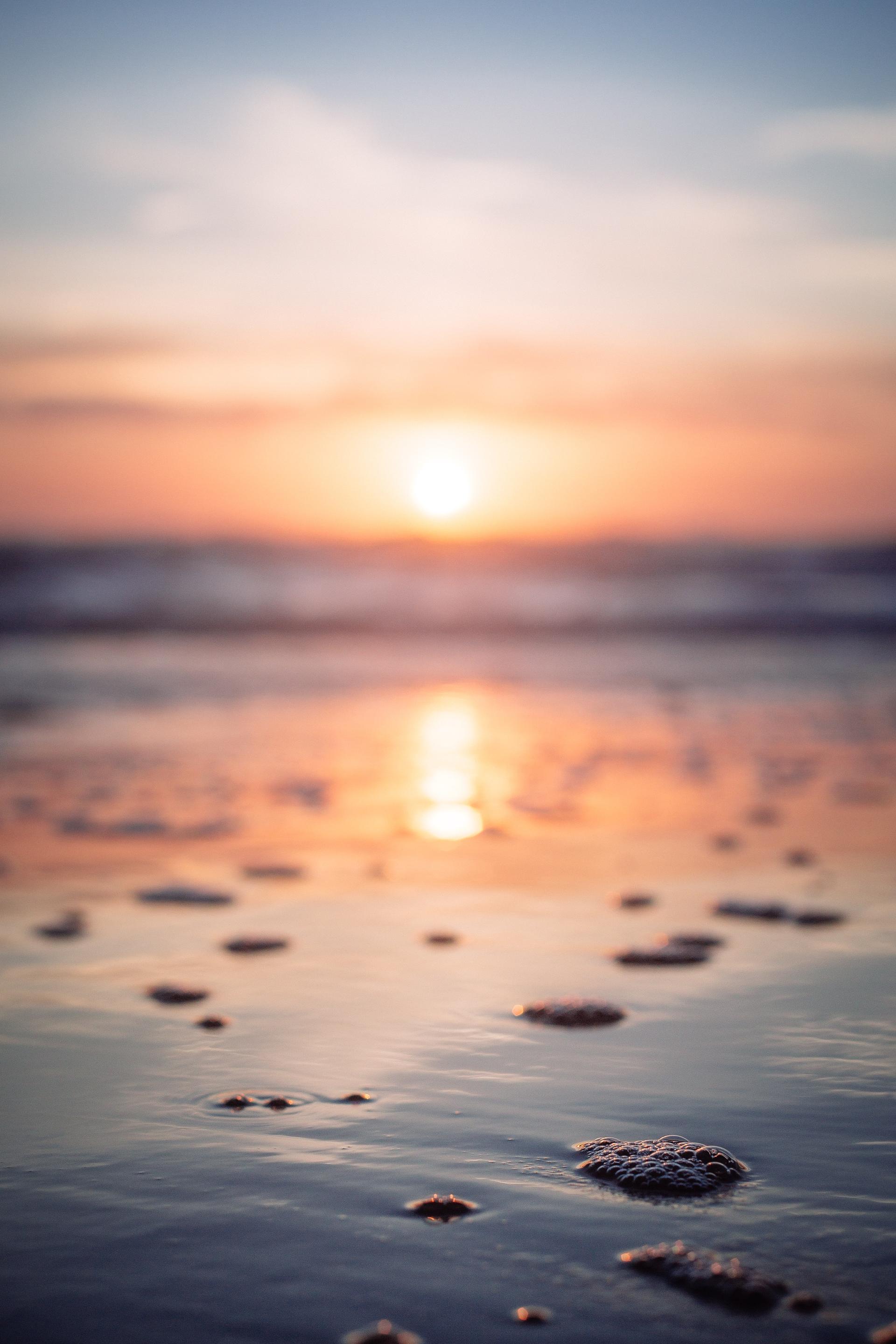Tokelau🇹🇰

Tokelau is a small island nation located in the South Pacific, halfway between New Zealand and Hawaii. Despite not having any formal relationship with any other country, it's a dependent territory of New Zealand. With no airports or harbors, access to the country is limited to a shipping service from Samoa. Known for its rich Polynesian culture, traditional music and dance, Tokelau is also home to various birds and marine life. Although not a typical tourist destination, it's a hidden gem for nature lovers and adventure seekers. When visiting, one could immerse themselves in the traditional way of life, visit all three atolls, or even attempt the daring feat of swimming across the lagoon.
⚠️Things you should avoid⚠️
- Avoid disrespecting local customs and traditions, as Polynesian culture is deeply ingrained in Tokelauan society.
- Avoid traveling during the cyclone season (November to April) as the atolls are susceptible to storms.
- Don’t expect a bustling nightlife, as Tokelau lacks large social gathering places like pubs and clubs.
- Avoid swimming in the lagoon without proper supervision or safety precautions due to potential strong currents.
- Avoid handling or taking any natural or cultural artifacts from the islands.
- Don’t forget to bring basic medications with you as medical facilities are limited.
- Avoid littering. With limited waste management facilities, it's important to minimize the environmental impact.
- Resist the temptation to pet stray animals, as they may carry unforeseen health risks.
- Don’t depend on digital payment methods as cash is the primary mode of transaction.
- Don't wander off alone at night, even if the island is generally safe.
Overall
8
Crime 🔫
10
With a population of just over 1,400 people all residing in tight-knit communities, crime in Tokelau is virtually negligible. What few incidents occur are often small disputes within the community that are taken care of locally.
Terrorism 💣
10
Interestingly, there have been no recorded instances of terrorism in Tokelau. Its isolated geographic location and small population size make it a low-interest region for international terrorist groups.
War ⚔️
10
Tokelau has no history of war. As a non-self-governing territory under New Zealand administration, it is relatively protected from international conflicts.
Natural Disasters 🌊
2
Being a low-lying atoll-based nation, Tokelau is incredibly vulnerable to sea-level rise and tropical cyclones. These atmospheric phenomenons can bring about extensive flooding and erosion, threatening the local population and ecosystem.
Medical Care 🏥
6
Tokelau has a basic level of healthcare provided by the Health Department. However, it lacks advanced medical facilities and resources. Serious medical conditions require evacuation to Samoa or New Zealand.
Tap Water Quality 💧
8
The tap water in Tokelau is generally safe to drink. The water supply mainly comes from rainwater collection, and it is treated before use.
Disease Burden 🤒
9
Infectious diseases are rare in Tokelau. However, the small population struggles with diseases like diabetes and hypertension, often related to lifestyle and diet.
Corruption 💸
10
Corruption in Tokelau is notably low. The government operates with transparency, and the small population allows for close scrutiny of public officials.
Safety for Women ♀️
10
Women in Tokelau are generally safe, with no recorded major incidents of violence towards women. Tokelau’s close-knit community structure ensures safety for everyone.
Safety for Queer People 👬
9
While there aren't specific laws protecting the rights of the queer community, there isn't a history of violence or discrimination against them either.
Censorship 📺
9
Media in Tokelau is moderately free, with no significant instances of censorship. The islands have few publications, primarily serving as informational community bulletins.
Public Transportation 🚌
6
In a country composed of three small coral atolls, the main form of transportation is by boat. Travel between the atolls and to larger neighboring countries is limited and can take days.
Other useful information
🔒 How safe is it?
Tokelau is a remarkably safe destination. Its tight-knit community ensures low levels of crime. The primary concern is natural hazards due to climate change, so stay updated on weather conditions.
🏰 Embassies in this Country
There are no diplomatic embassies on Tokelau. The closest facility that can provide consular assistance is the New Zealand High Commission in Apia, Samoa.
💉 Recommended Vaccinations
Routine vaccinations like measles-mumps-rubella (MMR), diphtheria-tetanus-pertussis, varicella, polio, and the yearly flu shot are recommended.
🐍 Dangerous Animals
There are no dangerous animals in Tokelau. The surrounding ocean does hold a variety of marine life, so care should be taken when swimming or diving.
🛂 Visa Requirements
There are no specific visa requirements to enter Tokelau. However, you do need a permit from the Tokelau Apia Liaison Office (TALO) in Apia, Samoa to visit the islands.
💲 Currency
The New Zealand dollar is the official currency of Tokelau. It's recommended to exchange money before traveling to the island.
💳 Credit Card Acceptance
Cash is the most common form of transaction in Tokelau. So, credit card acceptance is minimal.
🧑🏭 Is it possible to work and travel in this country?
Work and travel opportunities are scarce in Tokelau due to its small size and population. Any opportunities that do arise will likely be in health, education, and governmental sectors.
💵 Cost of Travel and Living
The cost of living is relatively low, but due to the islands' remoteness, travel costs (especially the boat trip from Samoa) can be high.